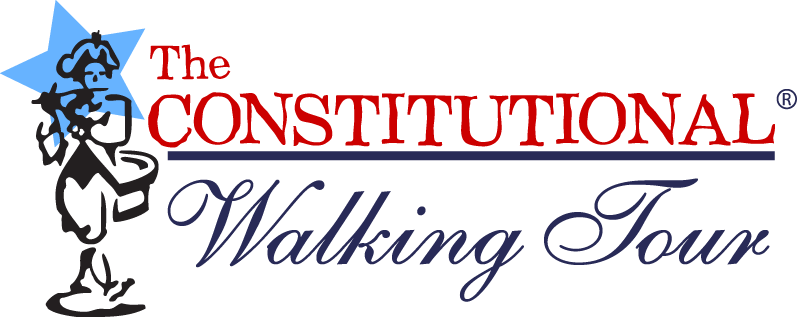Related Posts
- Buy Tickets for The Constitutional Walking Tour of Philadelphia – See 20+ Sites on a Primary Overview of Independence Park, including the Liberty Bell and Independence Hall
- Independence Hall
- Signers' Garden
- Signers' Walk
- Second Continental Congress
Birth: April 8, 1726
Death: January 22, 1798 (age 71)
Colony: New York
Occupation: Landowner, Judge, Politician
Significance: Signed The Declaration of Independence (at the age of 50)

Lewis Morris was one of the Founding Fathers of the United States. Born in Bronx County, New York into a prominent family, Morris was appointed as a judge in the Admiralty Court in 1760, a position which he held until 1769 when Morris was elected the New York General Assembly.
In 1775, the New York General Assembly sent Morris to represent New York in the Second Continental Congress. Morris did not vote for Independence since the New York delegation was unsure of their instructions from their home state. But after the confusion was resolved, Morris later signed The Declaration of Independence.
After signing The Declaration of Independence on August 2, 1776, Morris continued to serve in the Second Continental Congress until 1777. Upon leaving the Second Continental Congress, Morris returned to New York and was named a county judge and served in the New York State Legislature until 1781.
Lewis Morris in Philadelphia
Morris arrived in Philadelphia as a Delegate to the Second Continental Congress in 1775. Morris remained in Philadelphia as a member of the Continental Congress until the British victory at Brandywine forced Congress to evacuate Philadelphia. While serving as a member of the Second Continental Congress, Morris worked at Independence Hall, and he eventually signed The Declaration of Independence.
A plaque commemorating Morris for signing The Declaration of Independence can be found on Signers' Walk on the 600 block of Chestnut Street (between 5th and 6th Streets).



